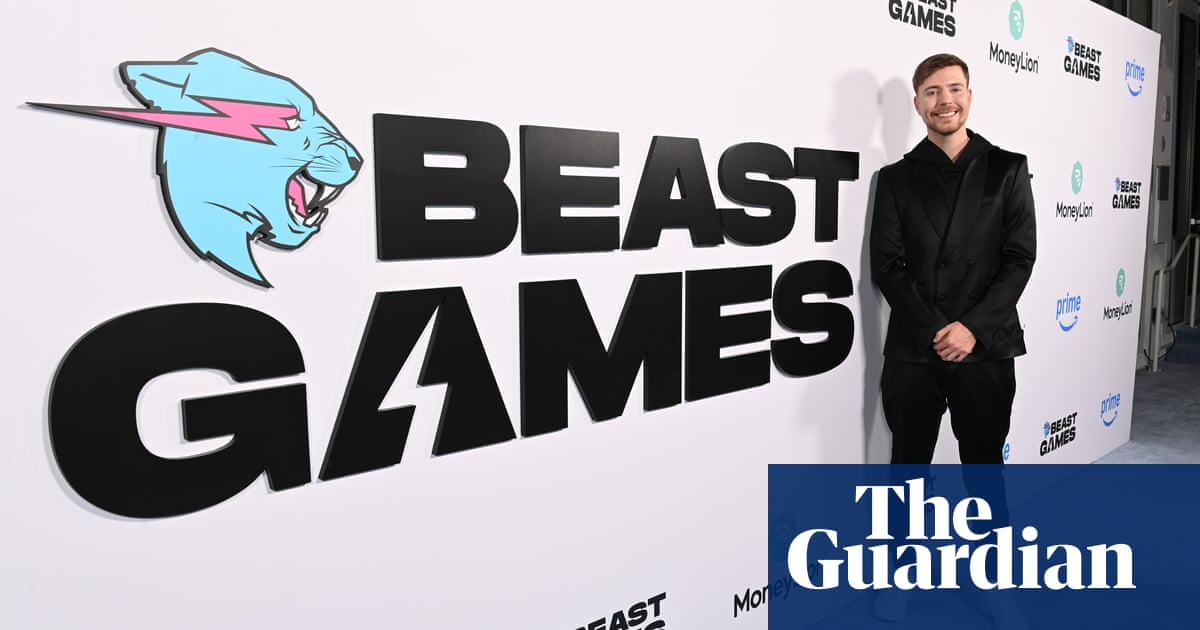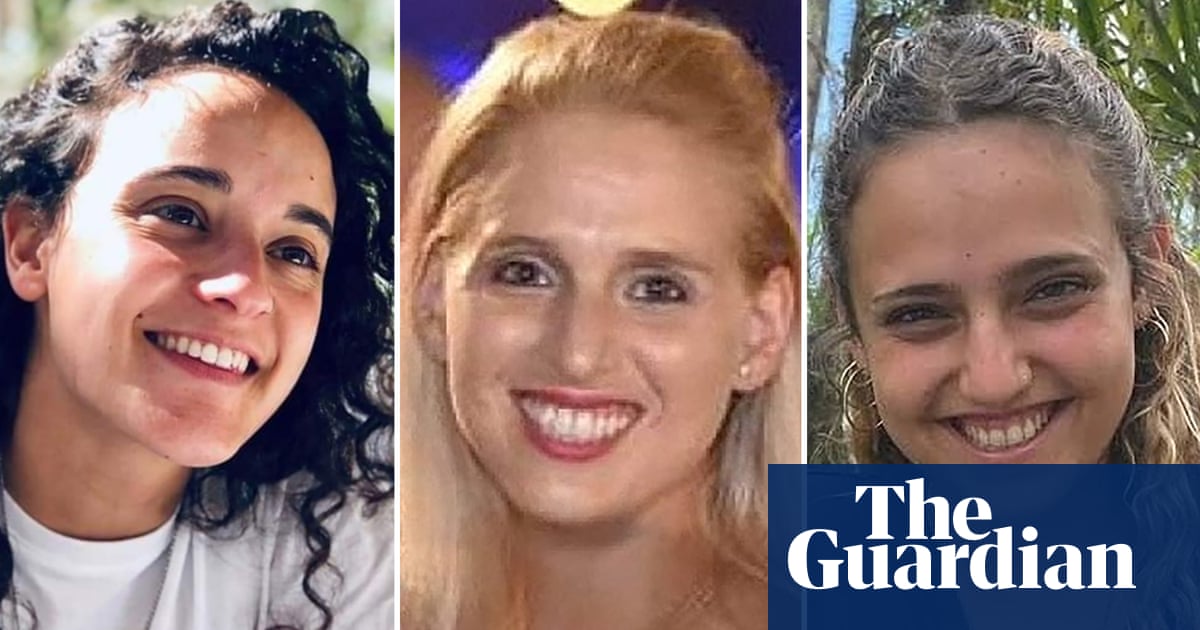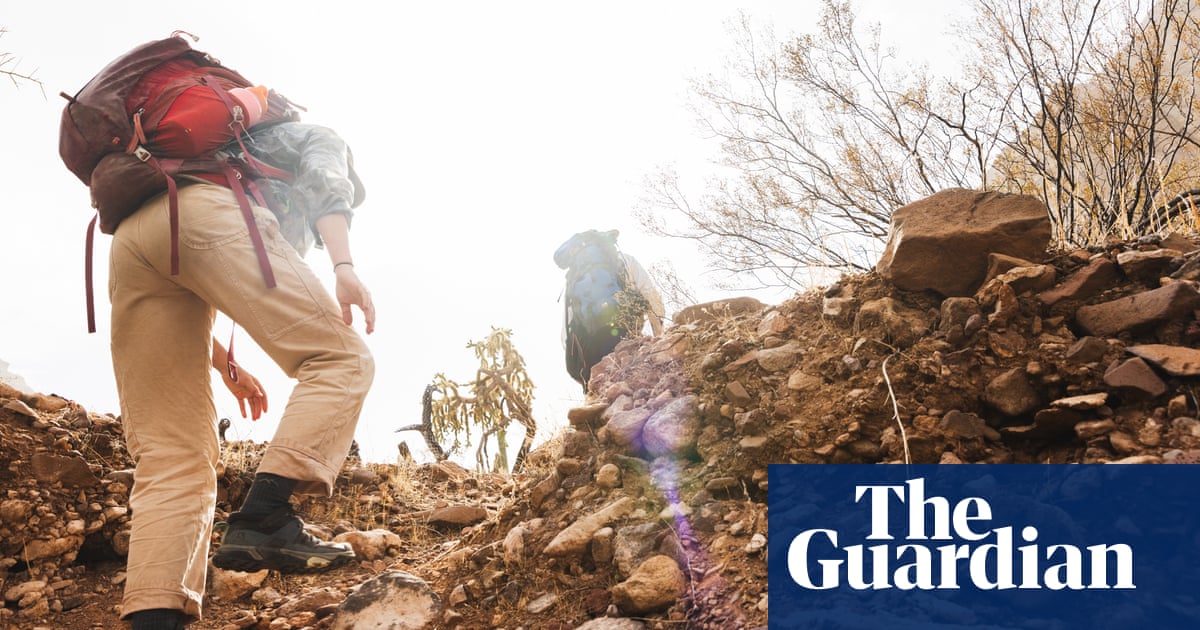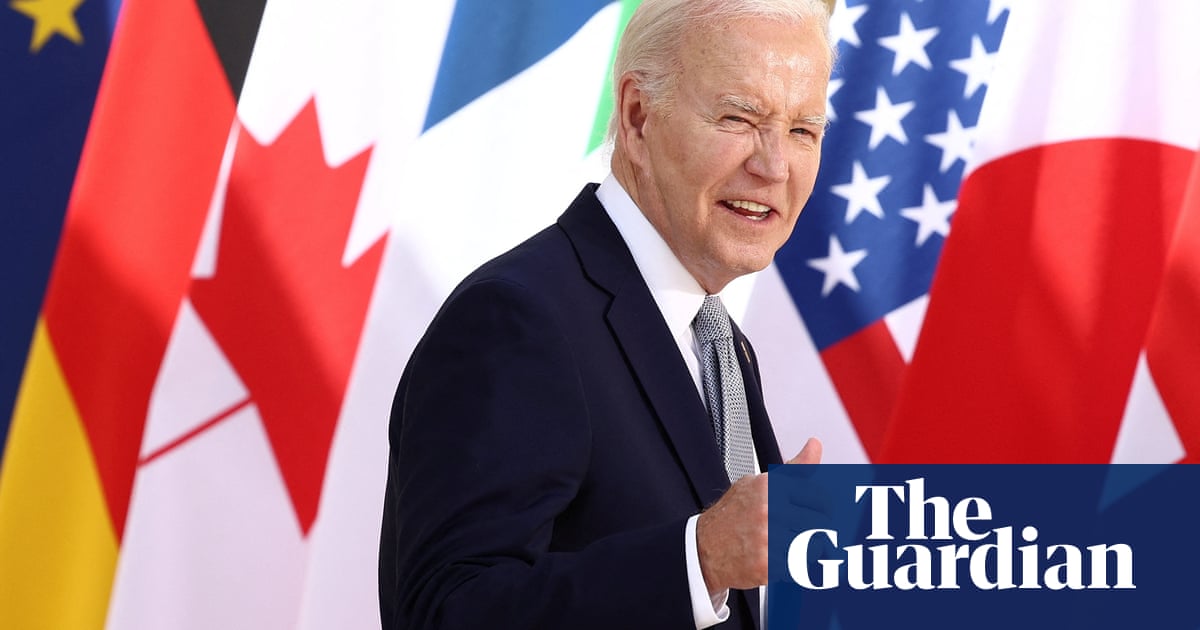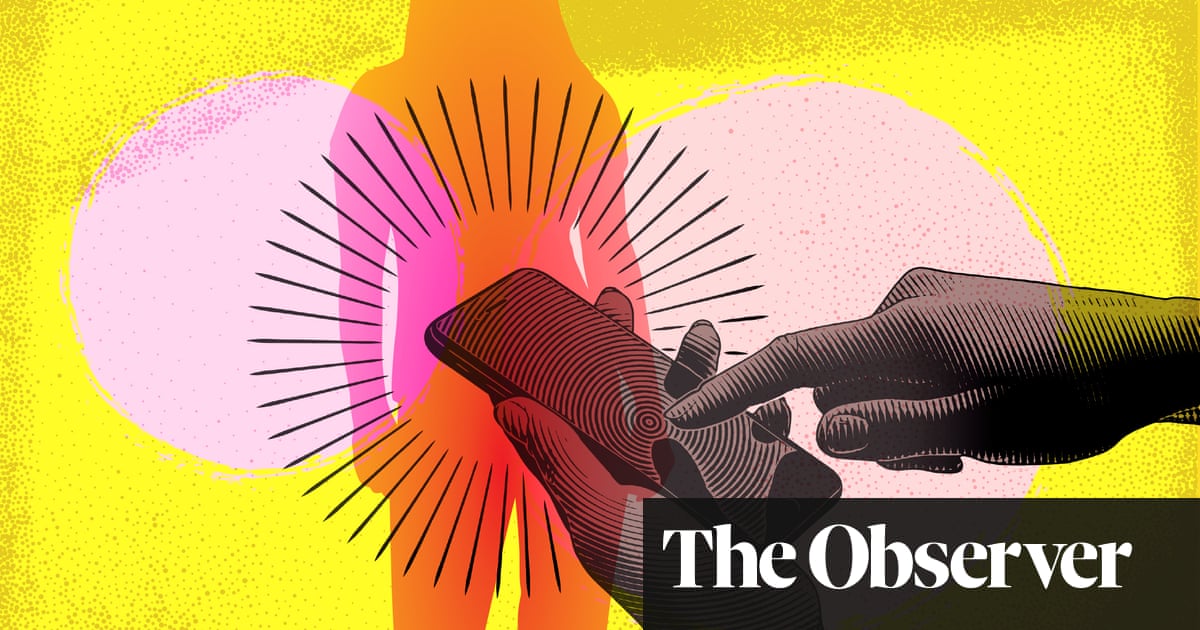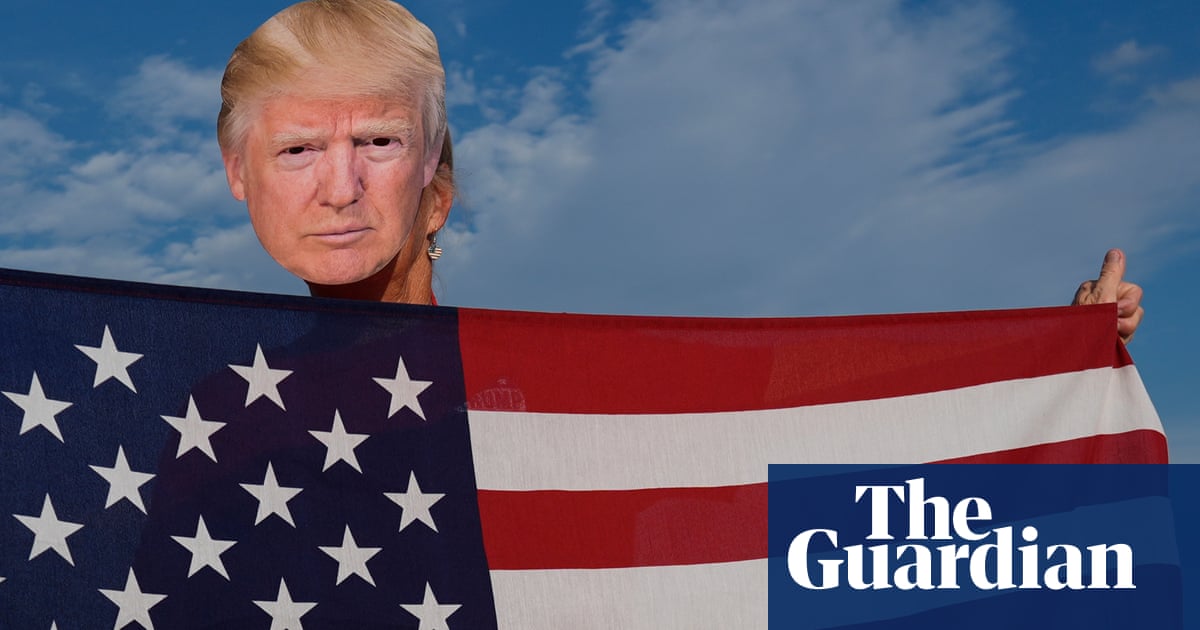When Miles Mitchell’s friends saw fliers scattered across New York City last month advertising a Timothée Chalamet lookalike competition, they urged the 21-year-old college senior from Staten Island to enter.
Soon, Mitchell found himself at his local Goodwill store, purchasing an outfit resembling the one worn by Chalamet’s Willy Wonka character.
Mitchell arrived at Washington Square Park on 27 October for the contest, and faced off with other contestants dressed as Chalamet in front of thousands of attendees.
To his surprise, he won, earning the prize of $50, new friends and newfound fame, in what he has called the “craziest day” of his life.
“It was a sensory overload,” he said. “There were so many people, and people were coming up to me for pictures and interviews.”
Despite the event’s chaos, which included four arrests and a $500 fine for the organizer for lacking a permit, the contest was a success and went viral online – especially after the real Chalamet made an appearance.
The event has since been parodied on Saturday Night Live and inspired dozens of similar lookalike contests with their own local spins in cities worldwide, mainly promoted through flyers and social media.
In recent weeks, people resembling celebrities such as Paul Mescal, Jeremy Allen White, Harry Styles, Dev Patel, Zendaya and more have flocked to parks across cities like Dublin, London, San Fransisco, New York, Oakland and more, attracting thousands of people and offering low-stakes, in-person entertainment.

The New York event that started the trend was organized by the YouTuber Anthony Po. He promoted the event by plastering posters around New York City in an effort to create a fun, positive video in contrast to the negativity he sees on the internet.
“We thought it was funny, we knew we’d get big, we just didn’t know how big,” said Po, who has over 1.8 million subscribers on YouTube.
His video from the contest has surpassed 1m views on YouTube, and other videos of the event posted on TikTok have received several million views and likes.
Po described the gathering as “really wholesome” with “constant smiles” in the crowd, even despite the police presence.
“Everyone understood the absurdity and how stupid it was,” he said.
While the Chalamet event is the only one that featured an appearance from the star they were imitating, participants, organizers and attendees of other lookalike contests say their goal is less about meeting a celebrity and more about community engagement and just having fun.
Katrina Mirpuri, a 29-year-old journalist in London, hosted a Harry Styles lookalike contest in London on 9 November, inspired by the Chalamet gathering in New York.
Hundreds attended, creating a “really buzzy happy energy” where “everyone was making friends” she said. She believes part of these events’ success is that they’re free, accessible and fun.
“There’s not many fun free things you can do in a city like London and it’s not every day you leave your house to stand in the park and meet strangers,” she said.
Alice Leppert, an assistant professor of media and communications at Ursinus College, said that in times like these, “where there’s a lot of division and a lot of animosity”, people were yearning for some sort of human connection, and these events were something “that people can unite around”.
They are “low-stakes environments where you can just go and you can observe, if you want to just observe, or you can be more involved”, she added.
And while celebrity lookalike competitions have been around for a long time, Leppert pointed out that traditionally, they were organized by publicity agents, magazines or film studios.
“What’s really interesting about these events is the grassroots origins of these contests,” she said. “These are just ordinary people who just decide on a whim to do it.”

A day after the Harry Styles event in London, a lookalike contest for the actor Dev Patel took place in San Francisco’s Dolores Park, organized by Sitara Bellam and her friends.
Also inspired by the Chalamet event, Bellam said they decided to host the contest around the British Indian actor because she and many of her friends are of south Asian descent.
“Our contest ended up being something that felt very representative of our community,” Bellam, 26, said, adding that the Patel lookalikes formed a group chat and hung out afterward.

Several days later, more than 2,000 miles away in Chicago, the friends Kelsey Cassaro and Taylor Vaske, 29 and 31, began organizing a contest for lookalikes of actor Jeremy Allen White, who stars in the comedy-drama series The Bear, set in Chicago.
Roughly 60 Allen White lookalikes competed in front of hundreds of spectators at Humboldt Park on 16 November in what Cassaro and Vaske described as an event filled with excitement and joy.
“For Chicago specifically, we were coming off of an election that I think a lot of people weren’t really super happy with how the election turned out,” Vaske said. “We have Lollapalooza here in Chicago every year, and we usually have Pitchfork, but we lost Pitchfork, so someone said Chicago needed a win.”
That audience chose Ben Shabad, a 31-year-old mental health therapist, as the winner and awarded him with $50, a crown and a pack of cigarettes.

Shabad said that in-person gatherings like lookalike contests were opportunities to “get together in person, have fun, laugh and connect with others”, and that “we don’t do that enough”.
“I see that being very problematic for a lot of the clients that I work with. There’s so many stressful, heavy things that we are presented with and experience every day in the news and at work and social media, it’s easy to get lost in the spiral of negativity,” he said, adding: “These events are just really cool because people show up and they’re in a good mood, there’s a lot of smiling, a lot of high-fiving, laughing.”
Before the contest, Shabad didn’t have social media accounts, but after winning, due to the overwhelming response, he’s now on Instagram and TikTok. While unsure how long the interest will last, he said he planned to “enjoy the ride” and wanted to use his newfound platform to discuss mental health.
Despite the weather getting colder, the trend of outdoor public lookalike contests is showing no signs of stopping – at least for now.
In recent days, various social media accounts have teased several upcoming contests including ones for John F Kennedy, Rachel Sennott, Glenn Powell and more.

 1 month ago
37
1 month ago
37

